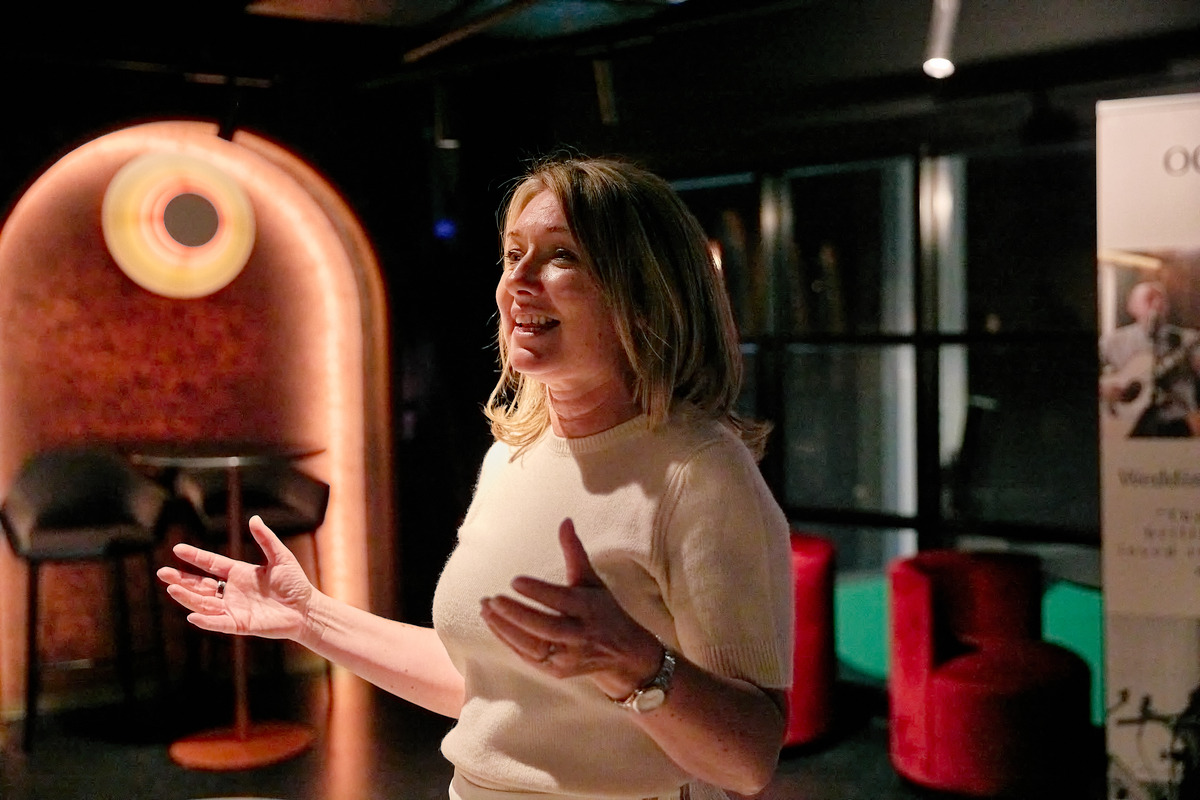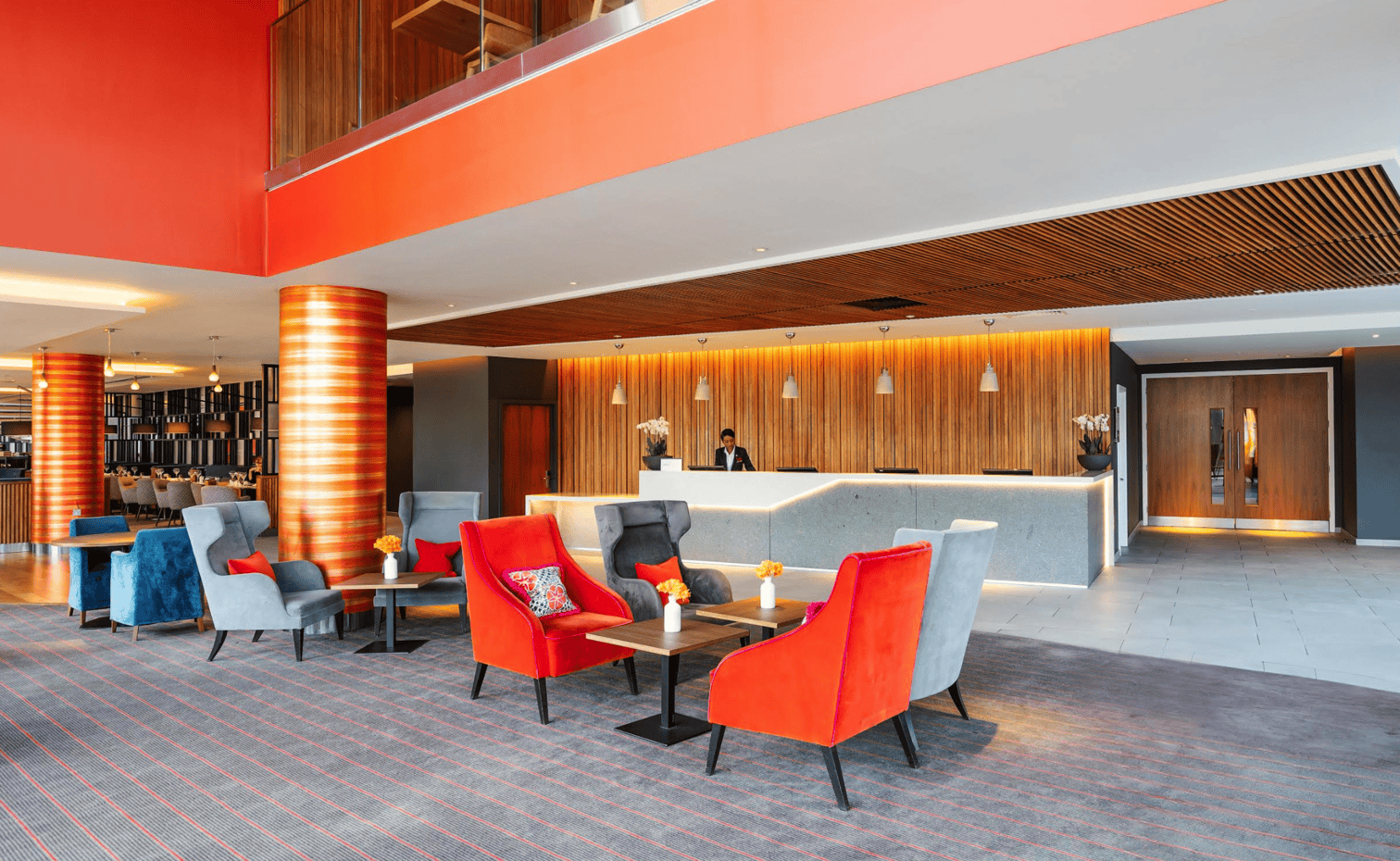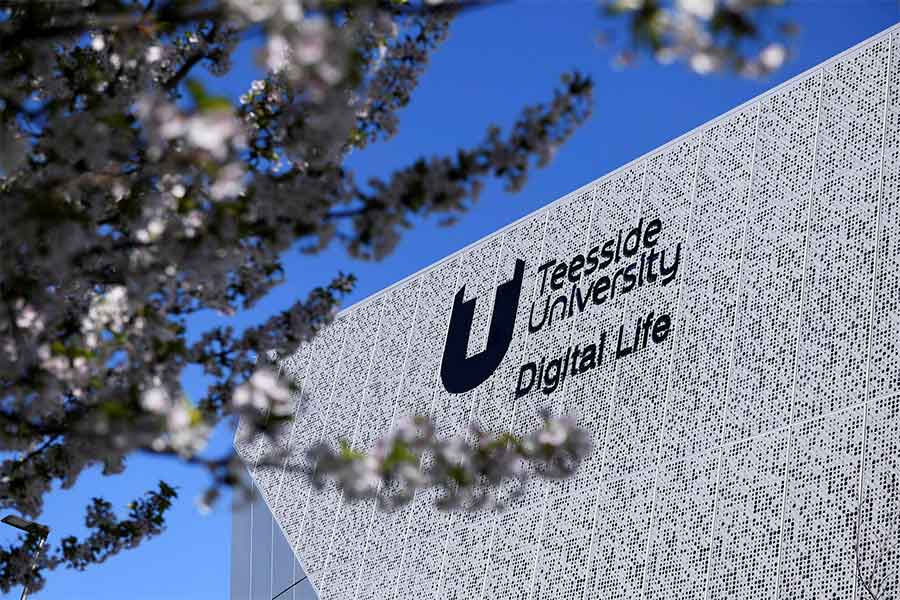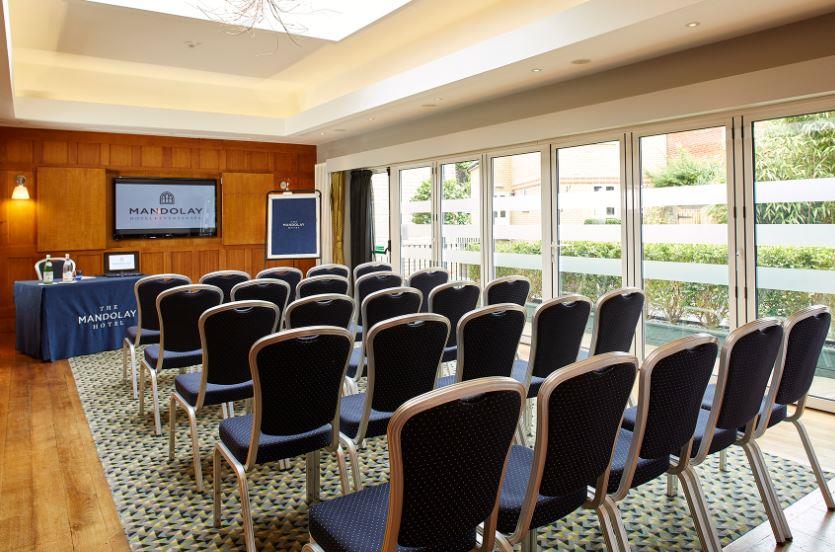The Networked Digital Library of Theses and Dissertations (NDLTD) has recently announced that the University of Leicester will be the host for their 17th annual symposium in 2014. This prestigious and highly specialised event takes place in global locations and the 2014 event will see it arrive back in the UK for only the second time since it began in 1998.
NDLTD is an international organization that promotes the adoption, creation, use, dissemination and preservation of electronic theses and dissertations (ETDs). The NDLTD encourages and supports the efforts of institutes of higher education and their communities to develop electronic publishing and digital libraries, thus enabling them to share knowledge more effectively in order to unlock the potential benefits worldwide.
The annual symposium attracts in excess of 200 delegates from all over the world with an interest in ETDs. The NDLTD’s members include hundreds of universities, as well as partner organisations, including: Adobe, the American Library Association, the Association of Research Libraries, the Coalition for Networked Information—all working toward the goal of unlocking the benefits of shared knowledge for all.
Trevor Miller from Leicester Conferences, the University’s conferencing and events team met up with Louise Jones, Director of Library Services at University of Leicester to discuss the importance of winning ETD 2014.
Louise comments on the background of winning the bid and ETDs: “Bringing ETD 2014 to Leicester is very significant to us in terms of raising the profile of the work on ETDs at the University. The annual symposium brings experts in the field together to share best practice. The area of ETDs is one that is developing and growing rapidly. Currently there are over 850 electronic theses within Leicester Research Archive, and this is growing steadily as submissions from PhD graduates are added each year. One of the primary advantages of creating ETDs is providing global accessibility. For example one thesis had over 1000 accesses in one year which shows the demand and importance in the material. ETDs help to showcase the quality of our young researchers in a way that was previously hard to access.”
The theme for the conference in 2014 will be ‘ETDs for Life’. Louise comments: “A large part of the conference will be exploring what a researcher can do with their e-thesis once it has been deposited in terms of linking to it and using it as a means of developing and showcasing their work.
Beyond this, Leicester is also contributing at a national level with ‘EThOS’, the national electronic theses services hosted by the British Library. Pro Vice-Chancellor for Research, Professor Kevin Schurer at the University of Leicester is chair of the EthOS project board and will have particular interest in ETD 2014.”
The bid for ETD 2014 was submitted in collaboration with Leicester Conferences at the University of Leicester as the host venue as well as assistance from Leicester Shire Promotions, the official tourism partner for Leicester, Leicestershire and Rutland. Louise comments: “The Leicester Conferences team has been invaluable with their assistance and contribution on this event and I have been very pleased with their quick response time in dealing with any issues. Leicester Shire Promotions was also great to deal with and very useful with their input on places to visit during the event as well as additional information if delegates choose to stay on and explore the East Midlands.”
Officially opened by Her Majesty the Queen in 2008, the David Wilson Library at The University of Leicester along with the work undertaken by the Library Services will be an attraction during the conference. The Library receives 1.5 million visits each year and is open 24 hours for much of the year. It currently has over 1 million print volumes with access to over 18,000 e-journals and hundreds of thousands of e-books. The library is also continually developing and investing in its website structure and content with a new search interface coming online this summer which will make finding information even more user friendly.







